.jpg)
HSE to Launch Institute for Cultural Studies
At the last meeting of the HSE Academic Council, it was decided to create a new subdivision of the Faculty of Urban and Regional Development (FURD). The Faculty will now be home to the Institute of Cultural Studies. Vitaly Kurennoy, Director of the Institute and Professor of the School of Philosophy and Cultural Studies of the Faculty of Humanities, discussed the Institute’s main areas of focus and the importance of cultural studies.
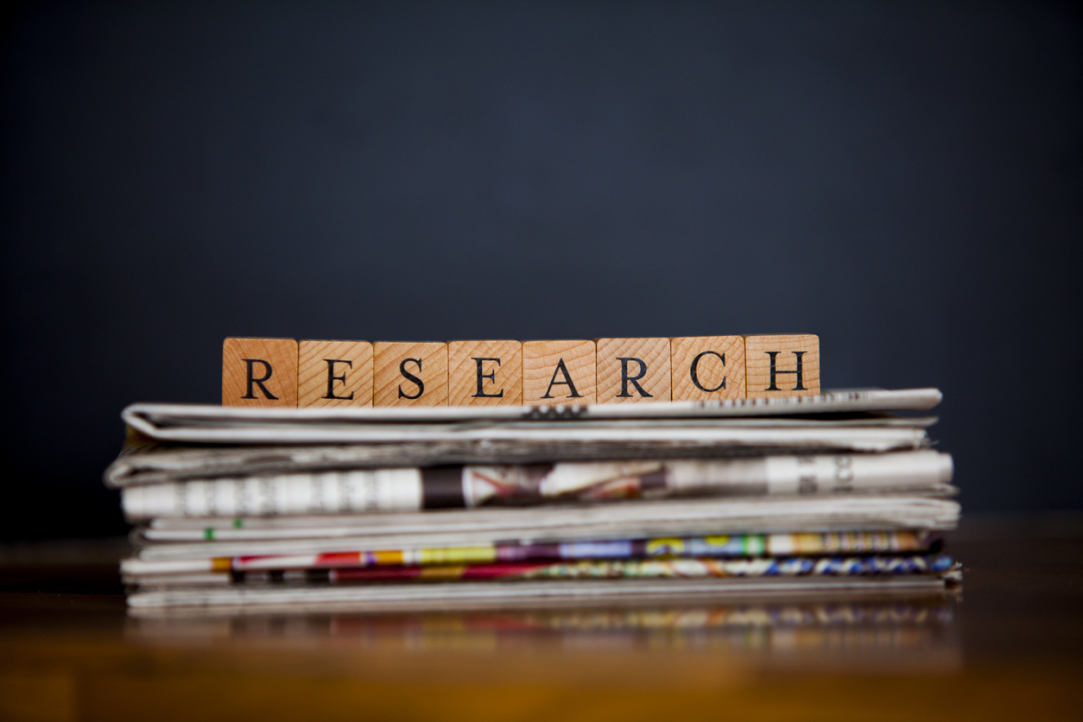
HSE University Ranks 115th in RePEc World Ranking
The RePEc rating (Research Papers in Economics) is based on publication activity data in the field of economics and related disciplines. In recent years, HSE University has consistently ranked first among Russian universities, and it continues to steadily climb the global ranking, overtaking well-known, centuries-old foreign universities. In the latest European ranking, HSE University took 46th place. In the world ranking, the university has ranked 115th (an increase of 4 places in the space of one month).
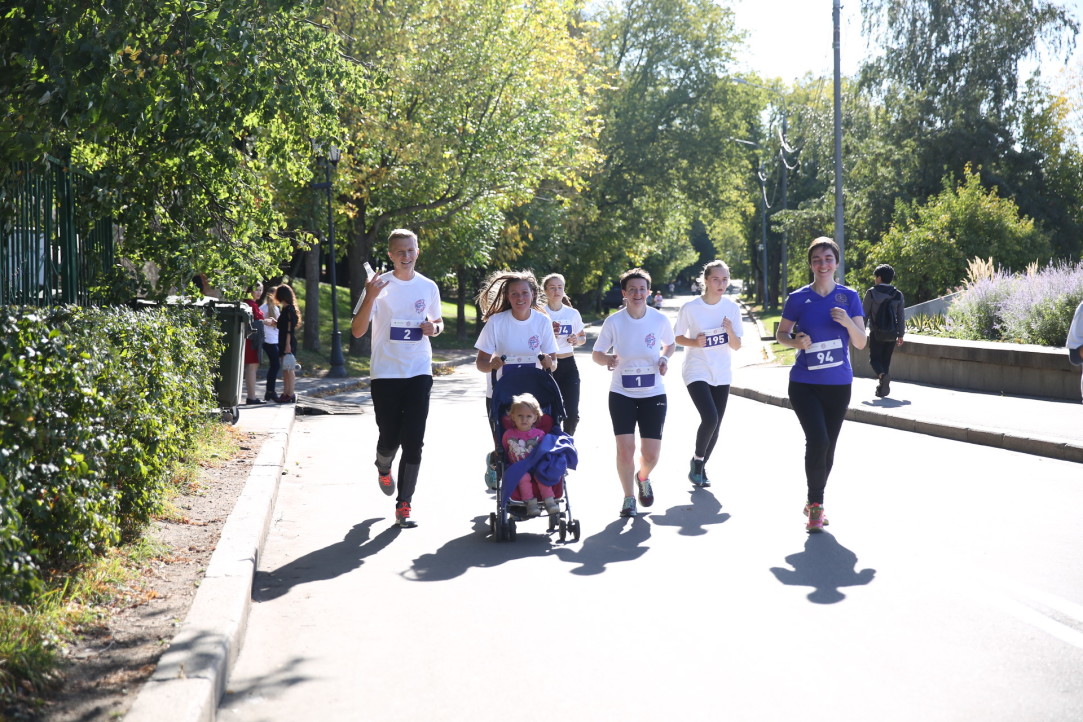
Quality of Life or Medicine? HSE Researchers Learn the Key to Living Longer
Everyday living conditions — income, housing, and sanitation — affect health and life expectancy more than the availability and quality of medicine. At the same time, the health system itself plays a crucial role in treating infection. This is what a recent study by researchers of HSE University has found.
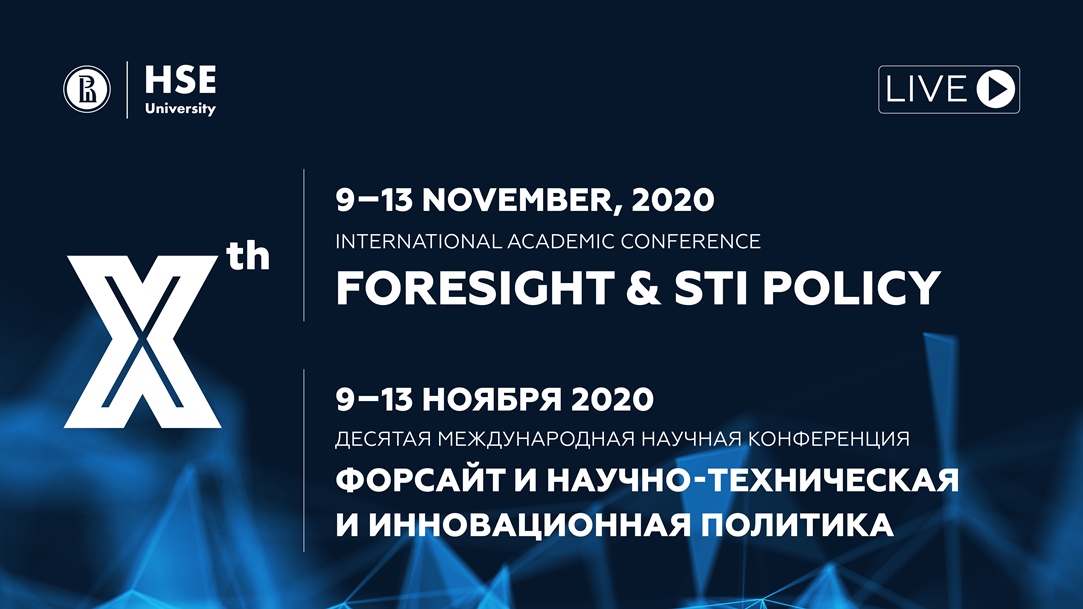
Post-COVID-19 Future Scenarios to Be Discussed at Anniversary HSE Foresight Conference
From November 9 – 13, the HSE Institute for Statistical Studies and Economics of Knowledge is organizing its Tenth International Academic Conference ‘Foresight and STI Policy’. The conference has been acknowledged by OECD as one of the world’s most important forums of foresight researchers. It will the tenth time that the conference brings together Russian and international experts from the leading think tanks, research centres and universities, national ministries and government bodies, development institutes and high-tech companies from over 20 countries.
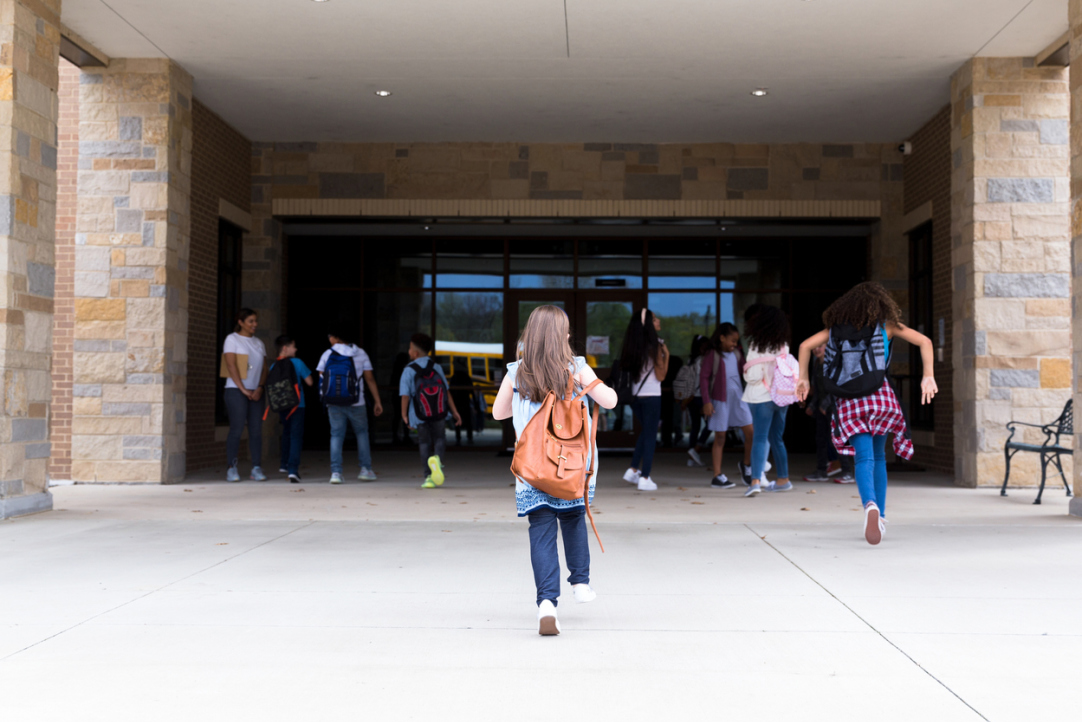
For Scholastic Success, Support Is Better than Control
While 9th-graders and 11th-graders are busy respectively preparing for the Basic State Exam (BSE) and Unified State Exam (U.S.E.), their parents are the ones who lay the groundwork for their success. However, if parental assistance turns into pressure, it can produce the opposite effect on young people, HSE University researchers note. Here, we look at how parents can help their children do well on the Unified State Exam.
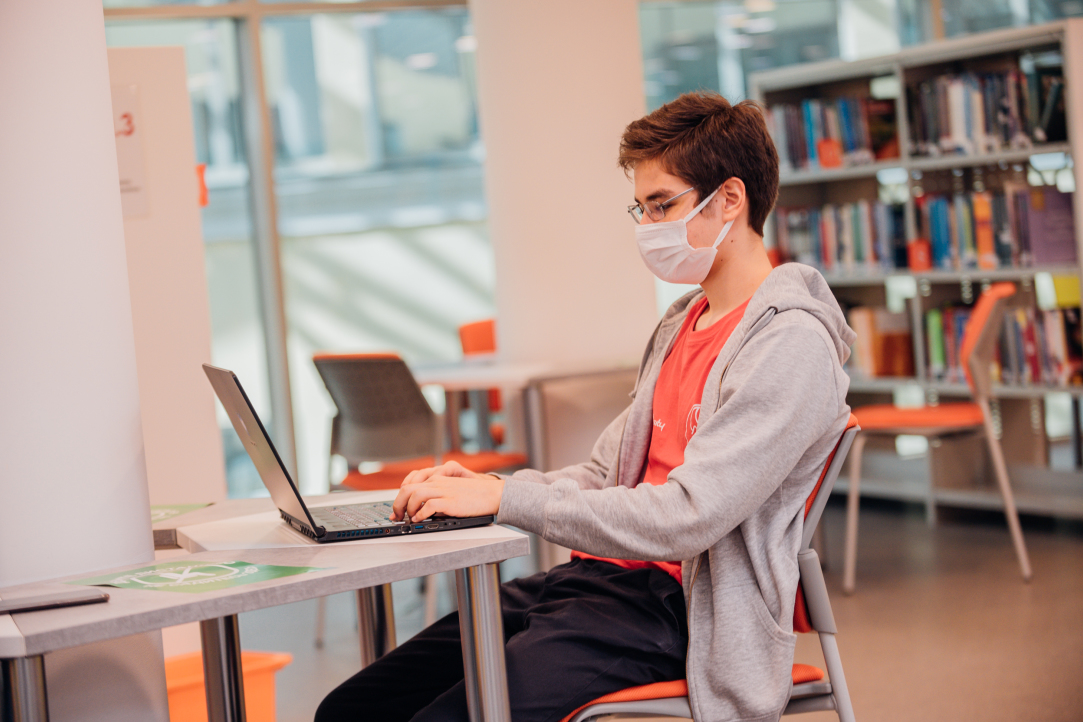
Online Education: The ‘New Normal’ and Its Pitfalls
On the first day of the XI International Russian Higher Education Conference (RHEC), which was held online, representatives of universities and colleges discussed the impact of the coronavirus pandemic on Russia’s education system.

HSE Faculty of Chemistry Scientists Discover New Anti-cancer Molecule
A group of Moscow scientists has discovered and explained the activity mechanism of a new anti-cancer molecule — diphenylisoxazole. This molecule has been shown to be effective against human cancer cells. The research, published in the journal Bioorganic & Medicinal Chemistry Letters, makes it possible to produce an affordable cancer treatment drug.
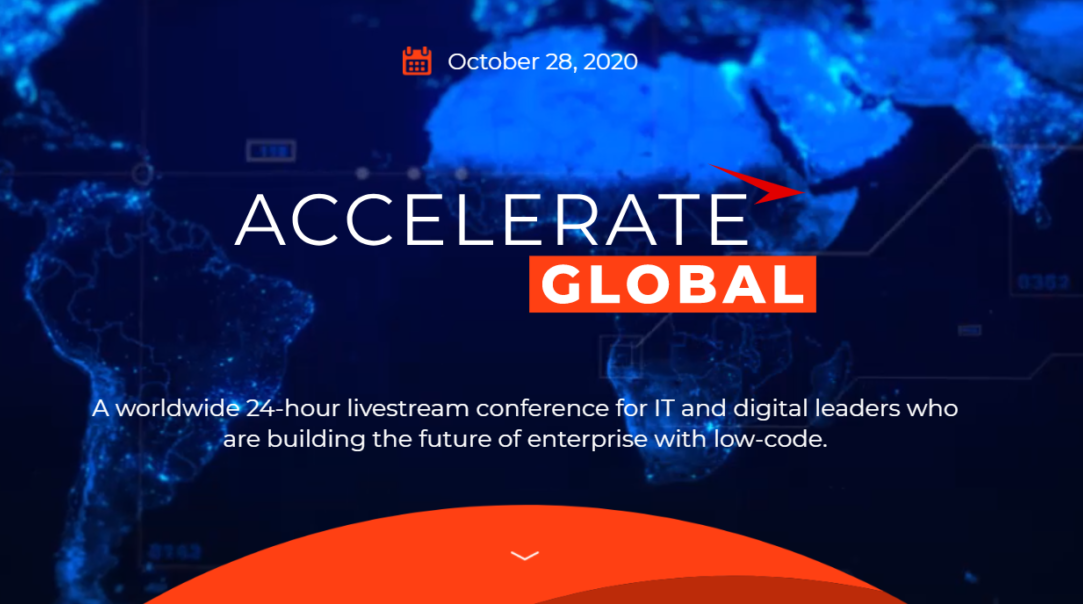
From Future to Present: How the Coronavirus Crisis Opens up New Opportunities for Domestic Business
The pandemic has put global development on hold and this is a chance for Russia to occupy market niches that were previously closed. But innovation should become as essential as air and, without information technology, new niches will still not be open. Alexander Chulok, Director of the HSE UniversityCentre for Science and Technology Foresight, spoke about this in a special report at the global conference‘Accelerate Global 2020’.
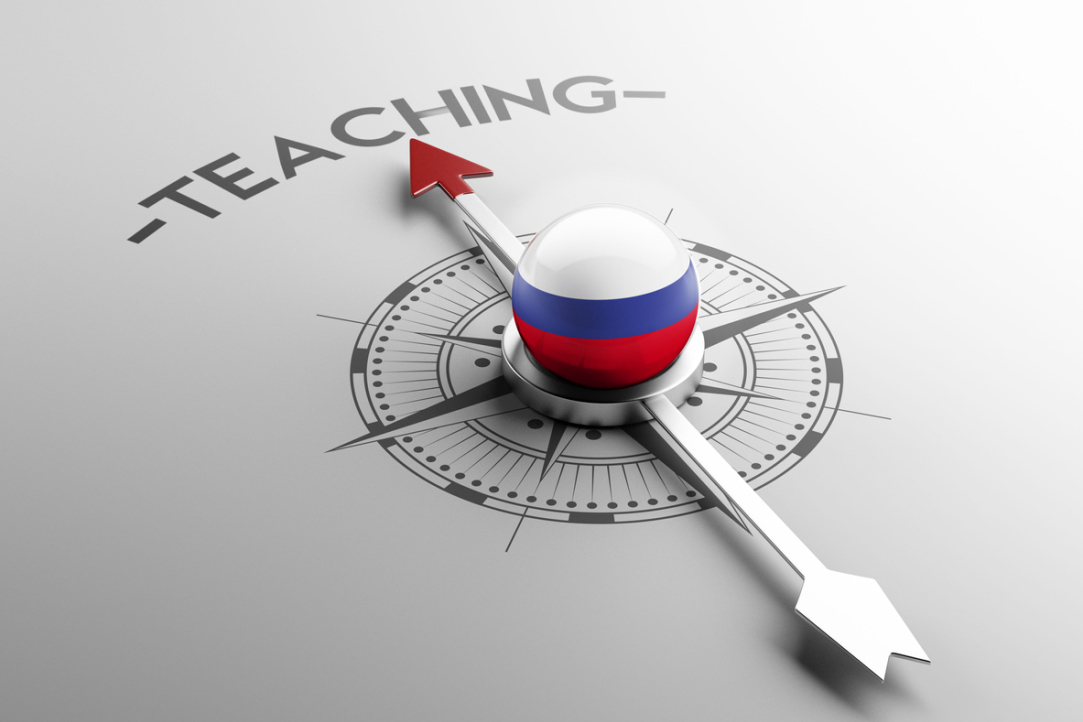
Russian Language and Slavic Studies in Germany and Europe
In October, Professor Holger Kusse, Leading Research Fellow of the International Laboratory for the Study of Russian and European Intellectual Dialogue lectured at the seminar ‘West and East: The Universalism of Culture’. We spoke with Holger Kusse about his work in Germany and Europe, his research, and his plans for the 2020-2021 academic year.

Intercultural Awareness through the Looking Glass
Dr Anatoly Kharkhurin joined HSE University in 2019 as an Associate Professor at the Faculty of Social Sciences. He received his PhD in Experimental Psychology from the City University of New York and taught in the United States and the United Arab Emirates. This academic year he is teaching Psychology of Thinking and Reasoning and Psycholinguistics. Dr Kharkhurin shared with The HSE Look his perspective on the prospects for the digital transformation of social communication.

